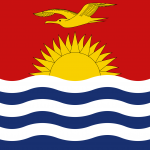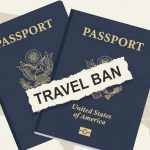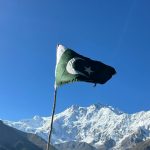The relationship between Guyana-North Korea may not be well-known, but it’s a fascinating and strange chapter in Cold War diplomacy. At the height of the Cold War, with global ideological battles between East and West, Guyana found itself aligning with the socialist bloc, including North Korea.
The brief but intense Guyana-North Korea relations were characterized by cultural exchanges, political cooperation, and even shared socialist aspirations, culminating in a strange and little-known chapter of Cold War history.
Table of Contents
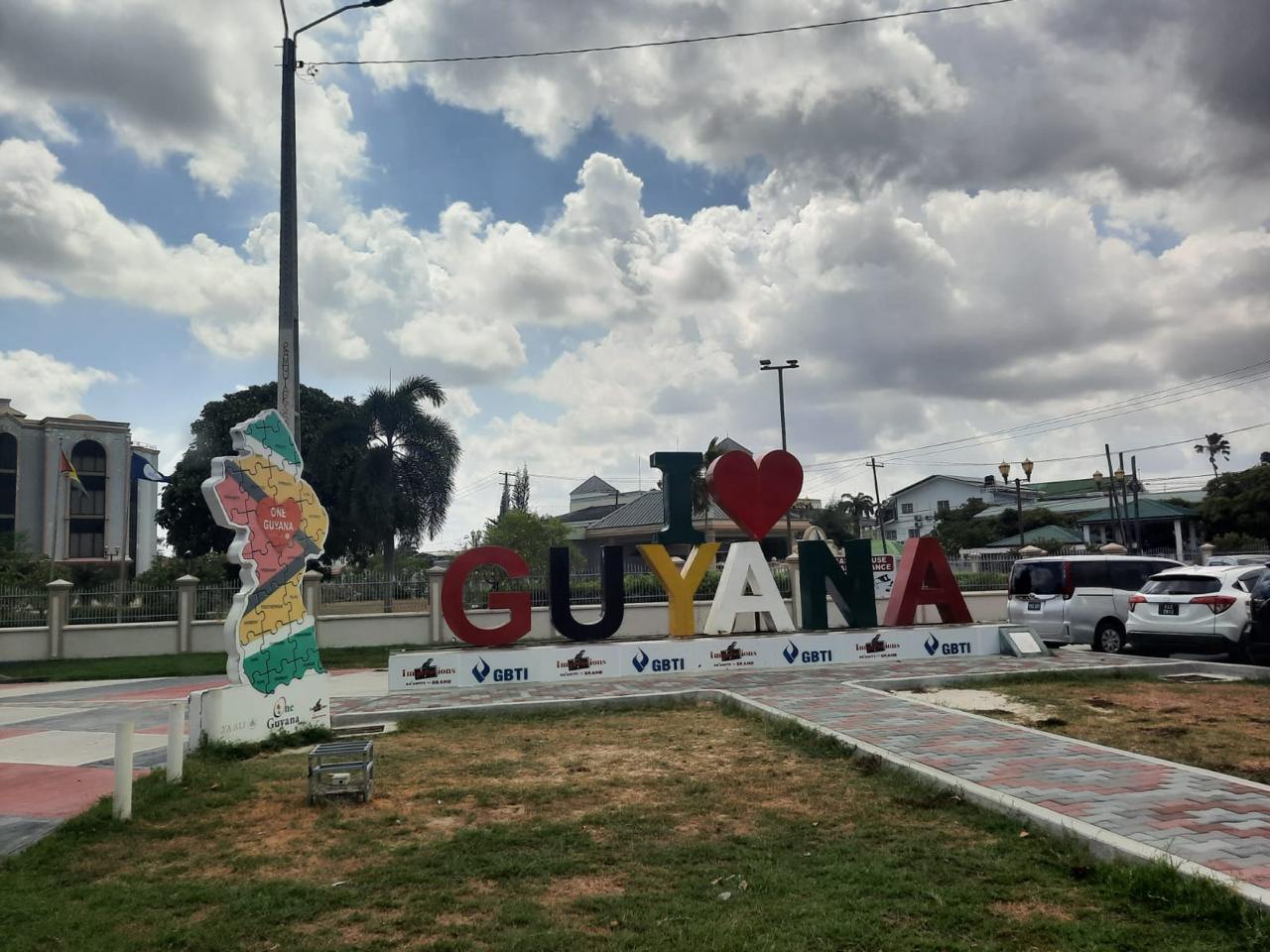
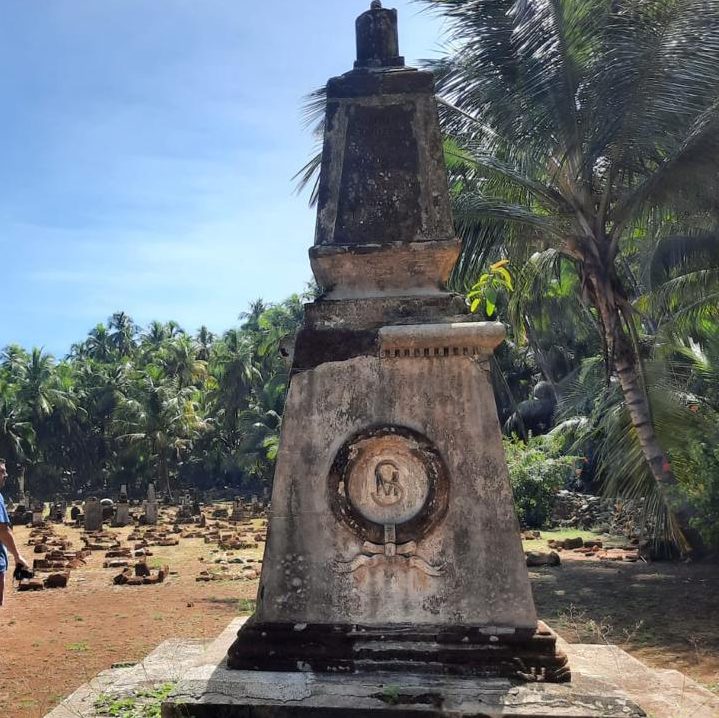
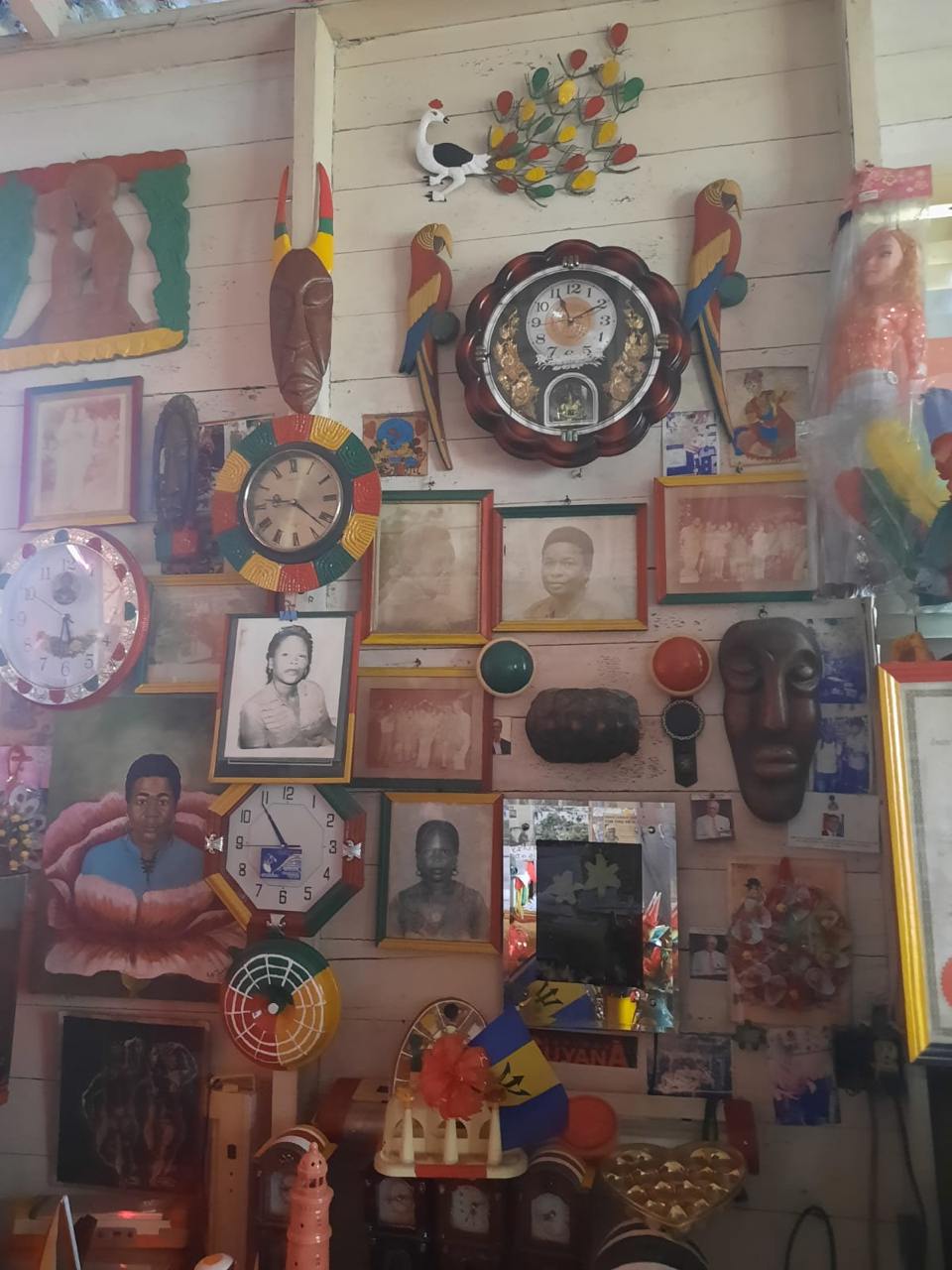
The Rise of Communism in Guyana: Setting the Stage for North Korean Influence
In the early 1970s, Guyana, led by Prime Minister Forbes Burnham, embraced a socialist path. The country, rich in natural resources but poor in capital, looked to socialist nations for economic support and guidance. Guyana’s embrace of communism, along with its opposition to imperialist influences, led to stronger ties with countries like the Soviet Union, Cuba, and, less famously, North Korea. These Guyana-North Korea relations began to take root in the cultural and political exchanges between the two countries.
North Korea, under the leadership of Kim Il-sung, saw potential in forming alliances with nations that could support its broader ideological goals. The political situation in Guyana provided an ideal environment for these alliances to flourish. As the two countries worked together, Guyana adopted more leftist ideologies, while North Korea expanded its diplomatic reach into South America, a region traditionally influenced by the United States.
Mass Games and Propaganda: The Cultural Exchange Between Guyana and North Korea
In one of the most curious aspects of Guyana-North Korea relations, the two countries engaged in a remarkable cultural exchange. Guyana became one of the few countries to host North Korean style Mass Games, a massive display of synchronized gymnastics and dancing that epitomized North Korean propaganda. These events, typically reserved for Pyongyang, were seen in Guyana as a symbol of the country’s commitment to socialism. The Mass Games in Guyana were not just cultural performances but also a vehicle for promoting North Korean ideals, with the hope of deepening Guyana-North Korea relations.
The North Korean government saw these events as a form of cultural diplomacy and one that would help to forge stronger ties with a country that shared similar ideological principles. Meanwhile, for Guyana, hosting such an event was a statement of defiance against Western imperialism and an expression of solidarity with other socialist nations. The spectacle of mass choreography in the middle of South America was an absurd yet deeply symbolic moment in the history of Guyana-North Korea relations.
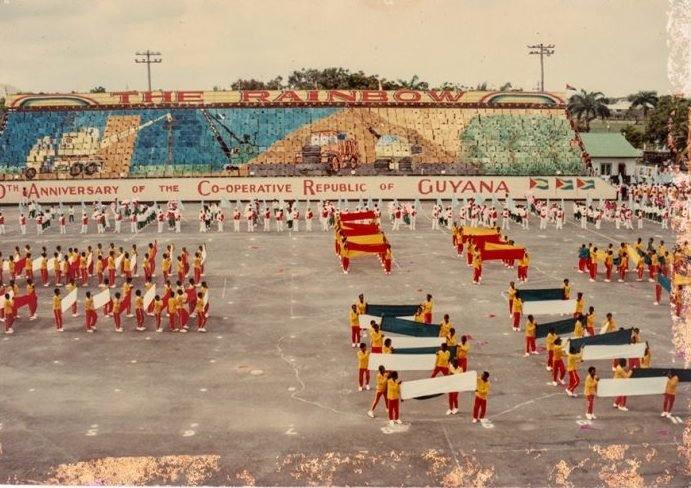
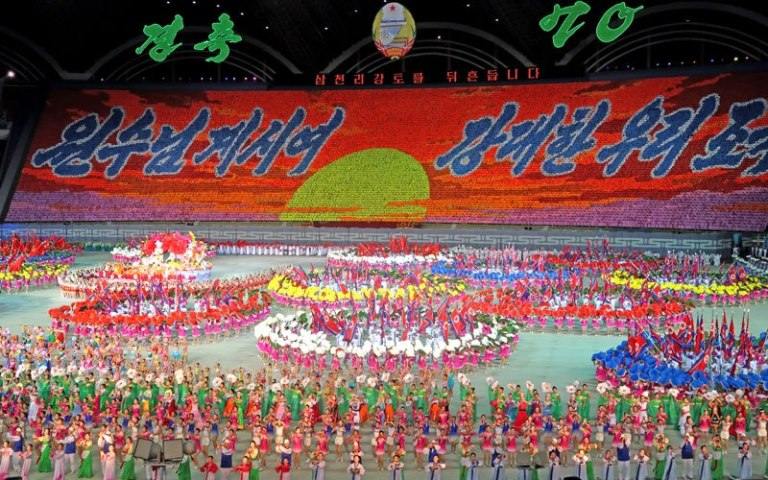
The Shadow of Jonestown: A Dark Legacy Amidst Socialist Experimentation
Amidst the Guyana-North Korea relations, there was also the shadow of Jonestown. In the late 1970s, the People’s Temple led by Jim Jones established the infamous Jonestown settlement in Guyana. This commune, which ended in the tragic mass suicide of over 900 Americans, cast a long shadow over Guyana’s socialist experiments. While not directly linked to Guyana-North Korea relations, Jonestown represented the darker side of ideological experimentation in the region.
The coincidence of these events, the embrace of socialism, the arrival of North Korean influence, and the horrific tragedy of Jonestown illustrates the complexity of the political climate in Guyana during the Cold War. It also provides an unsettling backdrop for the deepening ties between Guyana and North Korea, both of which were navigating the ideological minefield of the Cold War.

North Korea’s Diplomatic Reach: Lessons from Guyana-North Korea Relations
The brief period of Guyana-North Korea relations serves as a reminder of North Korea’s ambitious efforts to forge alliances and expand its influence. While much of the world focused on its relationship with the Soviet Union, China, and later South Korea, North Korea quietly engaged with a range of smaller, ideologically sympathetic nations. Guyana, with its socialist aspirations, was a natural partner in this diplomatic dance.
For Guyana, the relationship with North Korea represented a form of international legitimacy and a way to assert its sovereignty in the face of Western dominance. Though short-lived, these ties were emblematic of the broader struggles of small, socialist countries during the Cold War.
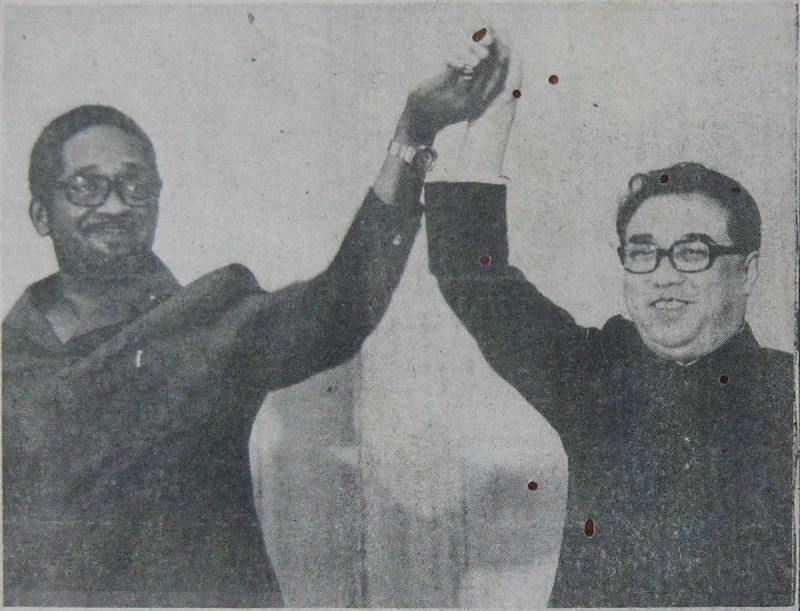

Dark Tourism and the Aftermath of Guyana-North Korea Relations
Today, Guyana’s involvement with North Korea is largely forgotten by the mainstream public, but it remains an intriguing historical footnote for dark tourism enthusiasts and those interested in the remnants of Cold War-era alliances. For those looking to explore this strange chapter in history, sites related to Guyana’s socialist past, like the remnants of the Jonestown compound, offer eerie glimpses into the country’s volatile political landscape during this period.
The strange relationship between Guyana and North Korea, along with the country’s other Cold War connections, continue to attract interest from niche travelers interested in exploring places marked by ideological extremes and dark history.
Travel Notes
For those visiting Guyana to uncover the remnants of Guyana-North Korea relations, it’s important to approach with a sense of history. From the ruins of Jonestown to the quiet echoes of Cold War propaganda, the journey offers a unique look at a world that has since faded into obscurity. Be prepared to reflect on how ideology, power, and ambition shaped the destinies of countries caught in the web of superpower rivalry.
Click to check out our Guyana Tours.



